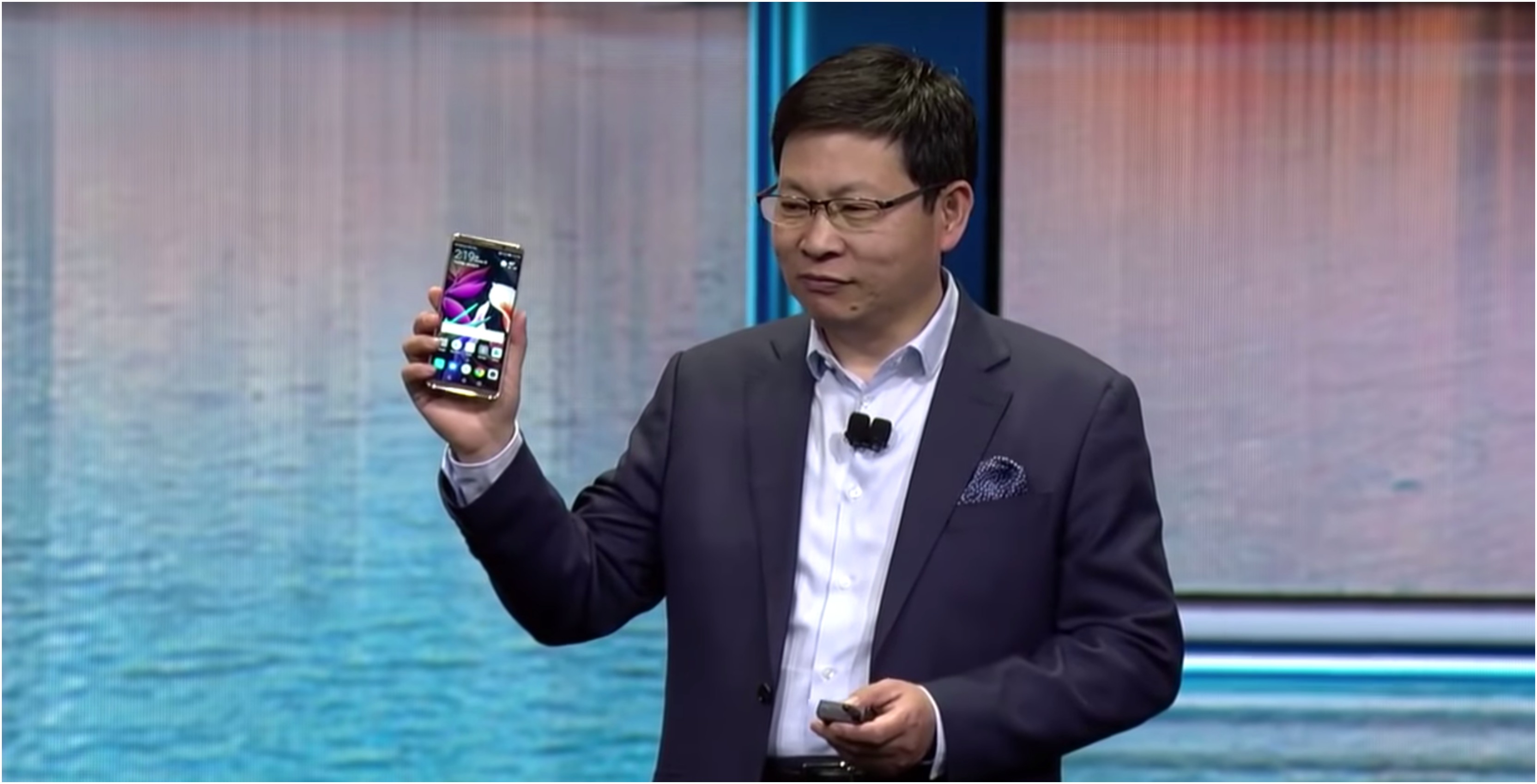
Chinese telecommunications hardware giant Huawei said it could become the world’s largest seller of smartphones in 2019, without the help of the U.S. market and despite growing security concerns.
Huawei’s consumer division chief Richard Yu told reporters in Beijing on January 23rd, 2019 that current tensions — including a potential presidential executive order banning the company from selling telecom equipment in the U.S. — ultimately won’t harm the company.
“Our customers have trust and confidence in us,” Yu said, according to Reuters.
“It’s only political guys which are trying to put pressure on us.”
Yu’s comments refer to the arrest of Huawei’s global CFO Meng Wanzhou last month in Vancouver.
Meng was granted bail, but currently faces extradition to the U.S., where authorities reportedly said she deceived international banks to funnel transactions between Huawei and Iran. Meng has maintained that Huawei had no connection or involvement.
It’s important to note that Huawei has operated in Canada since 2008 and has forged multiple partnerships with the country’s universities.
The Chinese company is also working with national carriers Bell and Telus to help research and deploy 5G network infrastructure in Canada.
Huawei reported a 50 percent jump in consumer business revenue in 2018, totalling an excess of $52 billion USD (roughly $69 billion CAD).
Yu said his company plans to keep this “momentum” with the launch of its 5G foldable phone next month at Mobile World Congress (MWC) in Barcelona.
“Even without the U.S. market, we will be number one in the world,” Yu said, with reference to the fact that the company had shipped 208 million handsets last year.
“I believe at the earliest this year, and next year at the latest.”
Yu added that the foldable phone will launch next month with sales beginning as early as April 2019.
The company recently announced the ‘Balong 5000’ 5G multi-mode radio chip, capable of connecting to 5G networks, as well as legacy 2G, 3G and 4G networks.
Image credit: YouTube (Screenshot)
Source: Reuters
MobileSyrup may earn a commission from purchases made via our links, which helps fund the journalism we provide free on our website. These links do not influence our editorial content. Support us here.


